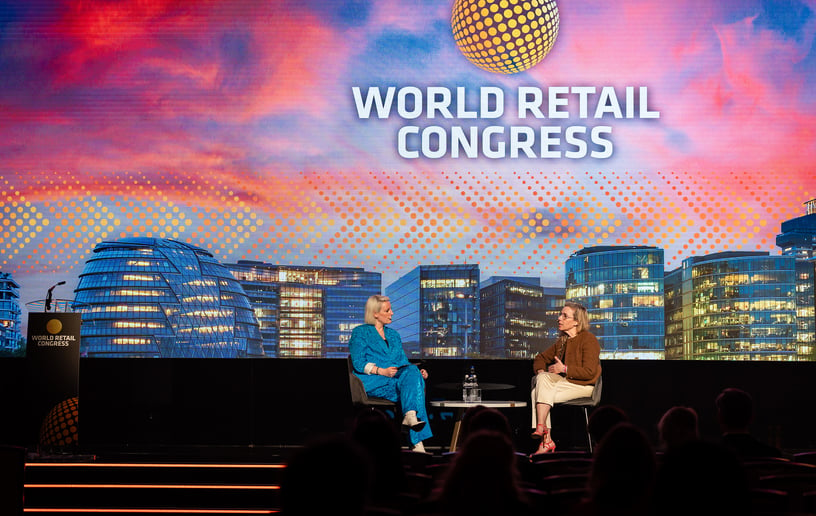This article builds upon some of the themes heard at last month's World Retail Congress in London and explores how harnessing AI can help overcome supply chain challenges and drive smarter, more sustainable retail operations.

The retail industry has shown again and again just how resilient it can be. From COVID lockdowns to the worst inflation in 40 years, the leaders in our industry have risen above and navigated their businesses phenomenally well. Just when it appeared that the clouds were clearing, the administration in the U.S. has created a hurricane of uncertainty with tariffs and trade policy. Because of the last five years, the general public knows more about the term ‘supply chain’ than any of us in the industry ever expected. With the latest policies in the U.S., supply chain efficiency and adaptability will continue to be a major driver between success and failure in our industry. Throughout several sessions at the World Retail Congress, we heard how retailers and brands are adapting their supply chains to better manage their business and meet ESG goals.
Fortunately for retailers and brands globally, advancements in AI are creating a tectonic shift in how supply chains are managed. Supply chain solutions are historically very siloed in their nature, creating inefficient processes and heavy requirements for data integration. Supply chain planning and execution are often different teams with different objectives. Data around inventory has to be fed through multiple systems, creating opportunity for error and damage to the customer promise. In what is seemingly a never-ending cycle of uncertainty, retailers and brands now have the opportunity to zoom out and take advantage of a more efficient way to manage their supply chains. And while initiatives around ESG and sustainability in the U.S. have been under attack for the last six months, they are no less important to driving better business performance. AI will be critical here as well.
In a study Incisiv published in 2023, Supply Chain ranked as the #1 functional area that will have the greatest impact leveraging AI. Below are five areas where AI will improve supply chain performance.
1. Real-time visibility
While the opportunity exists to unify supply chain systems currently exist, it is unrealistic to believe that it will happen overnight. Until then, AI can integrate data from IoT sensors, GPS trackers, RFID tags, transportation management systems (TMS), and warehouse systems to provide a unified, real-time view of inventory, shipments, and assets.
2. Diversify Sourcing and Manufacturing
The current environment in the U.S. has magnified the need for sourcing and manufacturing options. AI tools can scan thousands of supplier databases, trade reports, news articles, and social feeds to identify qualified suppliers in alternative regions. In addition, AI models can score suppliers based on key performance indicators (KPIs), including cost, quality, reliability, ESG compliance, and geopolitical risk.
3. Inventory optimization
Whether it’s demand forecasting, dynamic replenishment & allocation, or omnichannel fulfillment, machine learning tools can analyze dozens of variables to better align supply with demand. This will not only improve margins by reducing markdowns, it will provide a better customer experience.
4. Enhanced supplier collaboration
As retailers and brands face growing complexity—shorter product cycles, global sourcing challenges, ESG pressures, AI brings automation, predictive insight, and scalability to the supplier relationship. With the advent of AI-powered platforms and chatbots, retailers and communicate with suppliers 24:7, reducing lag in information flow. In addition, AI continuously tracks and evaluates supplier performance on KPIs like on-time delivery, quality, lead times, and ESG compliance. This enablesproactive problem-solving and mitigates disruptions.
5. Improved sustainability and ESG goals
What was refreshing about World Retail Congress was seeing the importance of of sustainability and ESG outside of the U.S. AI can help better meet these goals through areas such as emissions tracking, energy management, and route optimization. In addition, AI can be leverage to reduce the burden of compliance by uncovering non-compliant suppliers or regions using real-time monitoring.





